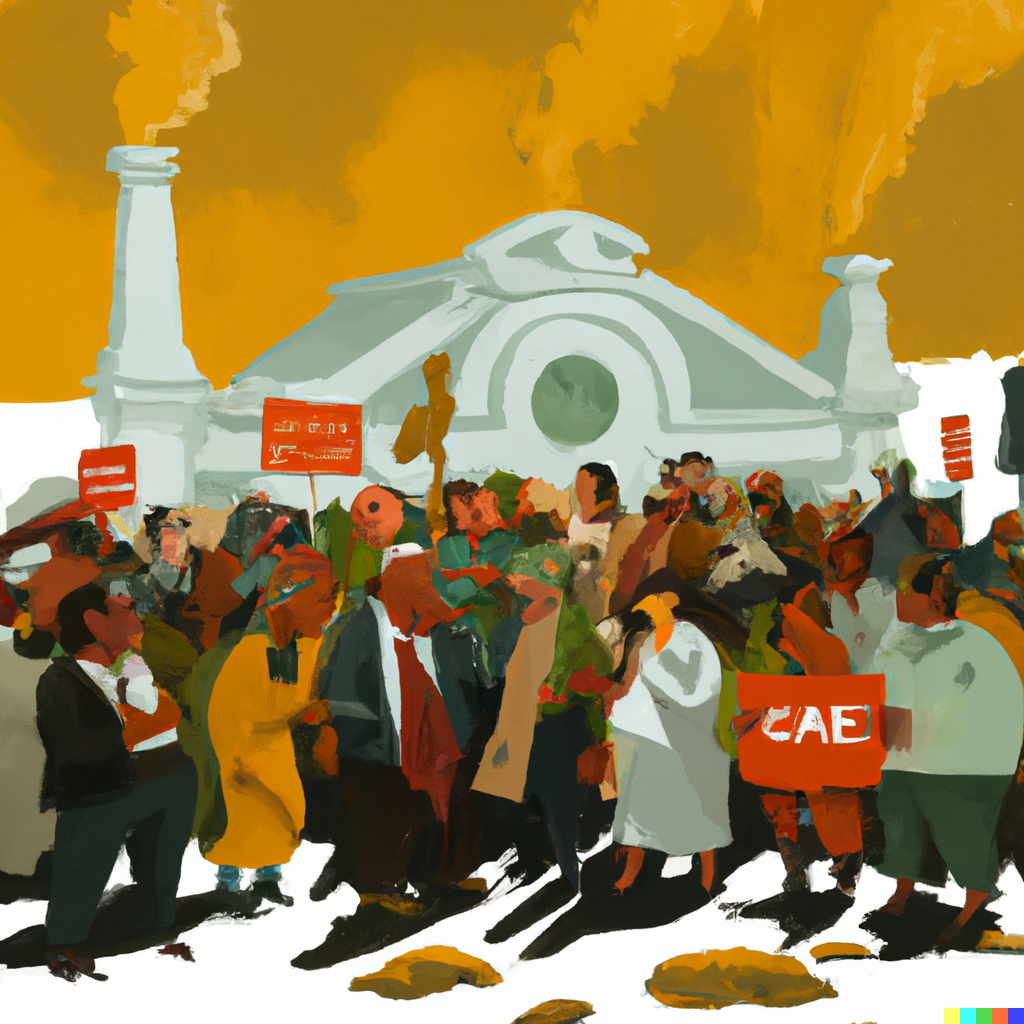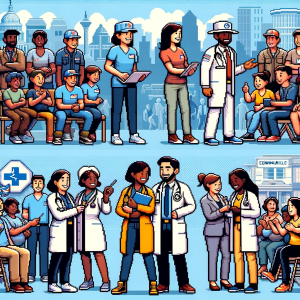
Strategies for Communicating Climate Science in Politically Sensitive Environments
The conversation surrounding climate change has rapidly expanded beyond environmental concerns to encapsulate broader societal implications, including public health. Yet, as crucial as it is for public health professionals to engage with these topics, navigating the political minefields surrounding climate discussions can be daunting. This article delves into effective techniques and narratives that public health professionals can adopt to approach climate science communications without triggering a political backlash.
The Crossroads of Climate Change and Public Health
It’s becoming increasingly clear that climate change poses significant threats to public health. From heatwaves causing heat-related illnesses to the spread of vector-borne diseases, the health implications are vast and varied. But, much like other deeply consequential topics, climate discussions can be politically charged, making it imperative for public health professionals to tread carefully.
Evidence Over Emotion
Recent research from a study published in BMC Health Services Research highlighted the importance of evidence-based strategies in public health contexts, especially when intersecting with topics like climate change. Public health professionals, by their very training, are equipped to lead discussions grounded in evidence. When discussing climate science:
- Present the Facts: Use clear, concise, and fact-based information. Avoid jargon and focus on the evidence.
- Stay Neutral: Steer clear of emotional language or polarizing terms. Focus on the science and its implications.
Tailored Narratives for Varied Audiences
Not all audiences receive information in the same way. The key is to know your audience and tailor your messaging:
- Highlight Local Impacts: Emphasize how climate change affects local communities, especially from a health perspective.
- Use Relatable Analogies: Compare climate phenomena to everyday experiences or localized events.
- Showcase Success Stories: Share examples of communities or local governments successfully addressing climate-related health issues.
Collaborative Conversations
Engaging in a two-way dialogue can be beneficial:
- Seek Feedback: Encourage questions and genuinely listen to concerns.
- Build Bridges with Stakeholders: Collaborate with community leaders, local authorities, and other stakeholders to ensure a cohesive approach.
Concluding Thoughts
Public health professionals have a crucial role in bridging the gap between climate science and community well-being. By adopting effective communication strategies, they can ensure that the vital link between climate change and health is not just understood but acted upon in policies and practices.



